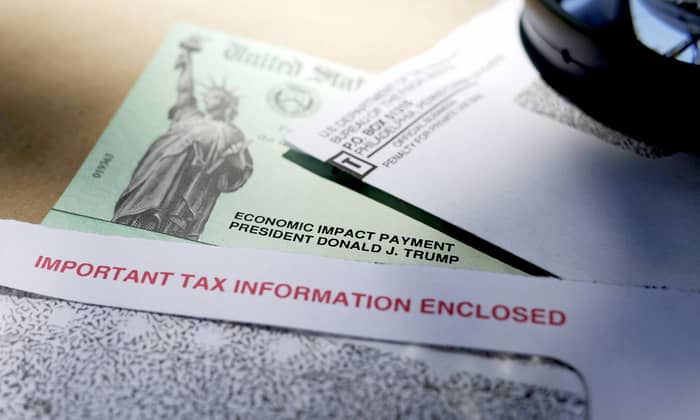Including all other federal legislation, total COVID relief has now exceeded $5.7 trillion—in only one year’s time. To put this total into perspective, this is more than twice the 2020 federal budget of $5 trillion, which itself was not fully funded.
Indeed, the CBO projects the 2021 federal budget deficit will be $2.3 trillion, or over 10% of our nation’s annual income during a healthy 2019. This would be the second largest annual federal budget deficit since WWII, exceeded only by last year’s budget shortfall.
But the federal government’s pursuit of economic ‘stimulus’ does not end there.
President Biden’s $2 trillion infrastructure plan is expected to be paid for over the next ten years with higher corporate income taxes, raising the current U.S. tax rate from 21% to 28%. Some nations, like Ireland and Switzerland, already offer lower corporate tax rates. Biden’s proposed increase will place the U.S. on par with France, and even higher than Canada, China, or Sweden.
Corporate investment—and the jobs it creates—seeks to operate in locales with the greatest potential for after-tax profits. The fear of American production and jobs fleeing the U.S. economy in the face of rising corporate tax rates has caused Treasury Secretary Janet Yellen to call for a uniform, world-wide minimum corporate tax rate.
How ironic. When private firms conspire to raise prices on consumers, this is called collusion and is a violation of federal anti-trust laws. When the federal government seeks an international conspiracy to extract more tax dollars from our nation’s largest employers, it is called a “once-in-a-generation investment in America.”
Further, record budget deficits from such ambitious federal spending causes the federal government to borrow historically large sums to balance its books. Many economists estimate that the COVID relief acts alone will increase total federal debt by 40% over the next decade.
If the economy cannot grow sufficiently under significant tax rate increases to pay this huge tax bill in the future, the only other means to avoid default is to pursue the go-to strategy of poorly run third-world country: inflate your way out of debt. Expanding the money supply and letting the overall price level rise over time makes payment promises made today much easier to pay off in the future—at the expense of those people who lent the government their hard-earned money.
For American investors, this would be primarily older folks living on a fixed income, with a portfolio heavily invested in U.S. bonds. What price should we pay for economic stimulus?

